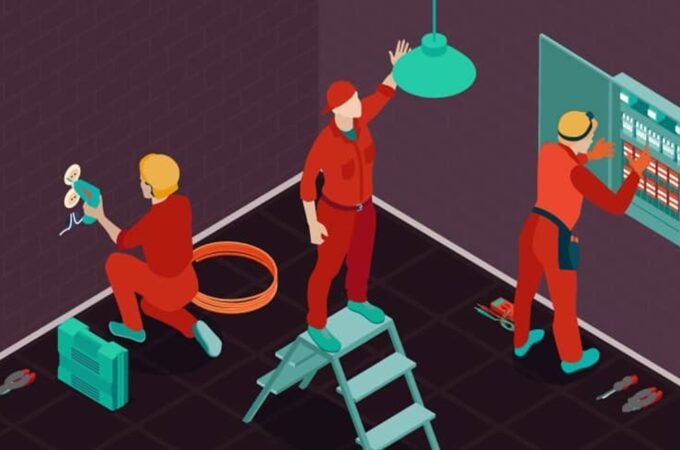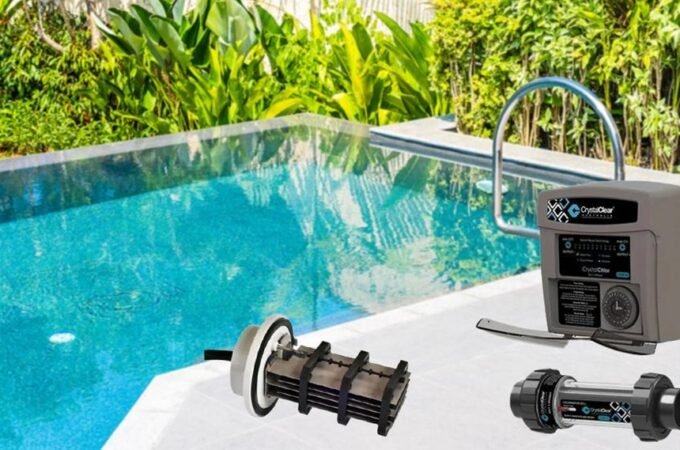
What to Do If Your Pipes Are Making Noise
We all have some odd noises in our houses from time to time. Especially when those houses are older and starting to settle. But the weirdest noises of all can come from your water pipes. You might hear clanking, creaking, or banging that seems unexplainable at the time. And some can be ignored. But others can indicate serious problems that need to be addressed. Here’s how to know the difference.
What causes noisy pipes?
There could be many reasons for those noisy pipes, but a few of the most common are copper pipes, high water pressure and water hammer. If you have copper pipes, there’s a good chance the noise you’re hearing is harmless. Copper expands when hot water passes through it because it takes on some of the heat. And when those pipes are in tight spaces, they may move against the walls or studs as they expand and contract, making knocking and clunking noises.
Water hammer occurs when a faucet is turned off suddenly. The rushing water is forced onto the shut-off valve with a thud. This sound is not only annoying, it can also damage pipe connections and joints if left unattended.
Water pressure that’s too high can also cause unwanted noises. And it’s also a situation that can damage your pipe fittings along with some of your appliances if you don’t address it. Washing machines and dishwashers are the most common appliances this affects.
How can I fix my noisy pipes?
The solution to your problem will depend on the source. If the noise is harmless, such as that caused by the expanding and contracting copper in your pipes, then it might be an easier fix. Because it’s caused by heat, lowering the temperature on your hot water heater may be all you need to do to quiet the noise. But if it doesn’t, and it still bothers you, you can look for the places where the pipes are hitting a surface. Then, you can wrap them with foam padding in those areas.
If the problem is water hammer, it’s important to address it as soon as possible to avoid any damage. You can fix this in one of two ways. The first is a little tricky and is usually handled by a professional such as SLB Pipe Solutions. But it’s possible to do it on your own if you would like to give it a try.
First, you’ll need to check the air chamber, which is a vertical pipe that will be close to your faucet behind the wall. The air in the chamber is what is supposed to absorb the impact of the water when you suddenly shut it off. But these will fill with water instead of air and become less efficient over time. If this seems to be the case, you’ll need to turn off your water supply, drain all the water from your plumbing, and then turn it back on. If this doesn’t work, you may need to install water hammer arrestors to take the place of the air chambers.
And lastly, if the problem is that your water pressure is too high, you may have a damaged pressure regulator or may be lacking one. In older homes, you might find that a pressure regulator was never used. If this is the case, you will likely have to have one professionally installed. This will ensure that water enters the pipes at the ideal pressure of 40-80 psi. However, if you do find a water pressure regulator on your main water line, you may simply need to adjust it. You can do this by loosening the nut on the bottom of the valve and turning the screw on the top until it reaches the desired psi range.





